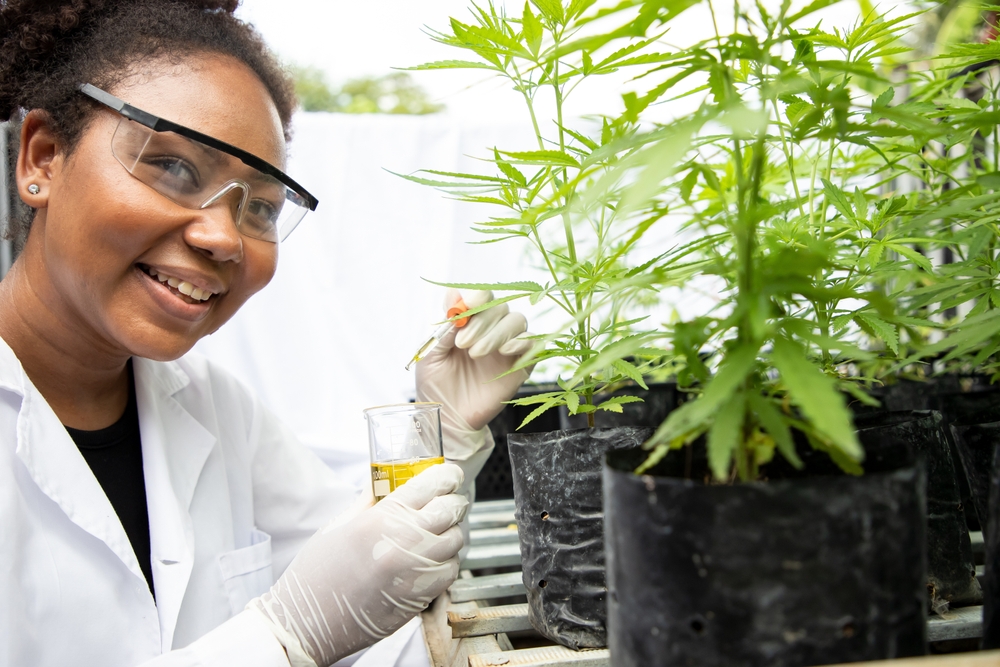Suggested powerful herbs for stress and anxiety relief
In today’s fast-paced world, where stress and anxiety are prevalent, many individuals are turning to natural remedies to help alleviate these conditions. Among the various options, herbal solutions are gaining popularity for their potential to ease stress without the side effects commonly associated with pharmaceutical treatments. This article delves into the science behind these herbal remedies and highlights some of the most powerful herbs shown to offer relief from stress and anxiety.
Understanding the science behind herbal remedies
The pursuit of natural treatments for mental health has seen a significant rise in recent years. People are seeking alternative ways to manage stress and anxiety, with herbal remedies providing a compelling option. Unlike traditional medications, which may come with a range of side effects, herbs offer the possibility of alleviating symptoms naturally, often without the same adverse reactions. But how do these herbal remedies actually work?
Herbs, through their biochemical properties, interact with the body in ways that may influence neurotransmitter activity, hormones, and overall stress regulation. The idea is that certain herbs can help modulate the body’s stress response by affecting the nervous system, improving the body’s resilience against stress.
The biochemical impact of herbs on stress response
Understanding how herbs work on the body requires a closer look at the biochemical processes involved. Many herbs that are effective for stress and anxiety have compounds that influence neurotransmitters such as serotonin and gamma-aminobutyric acid (GABA). GABA plays a significant role in calming the nervous system, and herbs that enhance GABA activity can lead to a more relaxed state, reducing anxiety levels. Furthermore, several herbs help modulate cortisol, the hormone released during stressful situations. By maintaining a balanced cortisol level, these herbs support a more even-keeled response to stressors, preventing chronic stress from taking a toll on the body.
Evidence-based herbal solutions
In recent years, herbal remedies have been subject to scientific research that seeks to validate their traditional uses. These studies are helping to bring these age-old remedies into the modern-day wellness conversation. For example, clinical trials on herbs like ashwagandha, lavender, and valerian root have provided evidence supporting their effectiveness in reducing symptoms of anxiety and improving overall stress resilience.
Despite their long-standing use in traditional medicine, these herbs are being studied under controlled conditions, which helps build a stronger case for their inclusion in treatment plans. The evidence, though still emerging, is pointing toward their potential as effective, natural alternatives to conventional anxiety medications.
Traditional adaptogens and modern applications
Adaptogenic herbs, which are plants that help the body adapt to stress, have been used for centuries in various cultures. One of the most well-known adaptogens is ashwagandha, a powerful herb often praised for its ability to reduce stress and improve overall well-being. Modern research confirms ashwagandha’s positive impact on cortisol levels, its ability to improve sleep quality, and its potential to enhance cognitive function. For individuals who deal with chronic anxiety or stress, ashwagandha may offer a natural way to manage these conditions, making it a valuable addition to any stress-relief regimen.
Gentle alternatives for daily use
While some people prefer stronger herbs to tackle their anxiety, others may opt for gentler alternatives that can be incorporated into their daily routines. Chamomile and lavender are two such herbs that have long been known for their soothing effects.
Chamomile is commonly consumed in tea form, where it helps promote relaxation and alleviate anxiety. Lavender, on the other hand, is widely used in aromatherapy, where its calming scent can reduce tension and stress. Both herbs have been supported by clinical studies, which highlight their mild yet effective action in reducing anxiety symptoms. These gentle herbs are suitable for daily use, providing relief without overwhelming the body.
Advanced herbal options
For individuals who may need more potent options, there are herbs like valerian root and kava kava that offer stronger effects. These herbs can have a more immediate impact on anxiety, helping to reduce symptoms quickly. However, because of their potency, they should be used with caution. Valerian root, for example, is often used to promote sleep, while kava kava has been shown to significantly reduce anxiety.
Both of these herbs can interact with other medications or health conditions, which is why it’s important to consult with a healthcare provider before incorporating them into a regimen. Users should also be mindful of the potential for dependency or side effects, which is why professional guidance is recommended.
Emerging research and future prospects
The world of herbal remedies is far from static. Researchers are continually uncovering new possibilities within lesser-known herbs. For instance, Galphimia glauca, an herb native to parts of Mexico, has recently been studied for its potential to reduce anxiety and improve mood. As new studies continue to emerge, they broaden the scope of natural treatments available for managing stress and anxiety.
While the evidence surrounding many of these lesser-known herbs is still in the early stages, they may one day offer additional solutions for people seeking relief from stress. Ongoing research aims to determine optimal dosages and understand the long-term effects of these herbs, which could further expand the range of natural options.
Integration and safety protocols
While herbal remedies offer great potential, it is essential to approach them with caution. Integrating herbs into your wellness routine should always be done with mindfulness, particularly if you are on any existing medications or have underlying health conditions. Many herbs can interact with pharmaceuticals, potentially altering their effects or causing negative reactions.
Choosing high-quality, well-sourced herbal products is crucial, as the supplement industry can sometimes be unregulated, leading to inconsistencies in purity and potency. Always look for reputable brands that provide third-party testing for their products, ensuring they meet safety and efficacy standards.
Conclusion
Herbal remedies for stress and anxiety are not a one-size-fits-all solution. They offer a range of benefits depending on the herb used and how it’s incorporated into an individual’s routine. From adaptogens like ashwagandha to gentler options like chamomile and lavender, there are numerous herbs that have been shown to reduce stress and anxiety symptoms. With continued research and thoughtful integration, these natural remedies can offer effective relief for many people dealing with mental health challenges. As always, it’s important to seek professional guidance before incorporating new herbs into your health regimen to ensure safety and effectiveness.
















